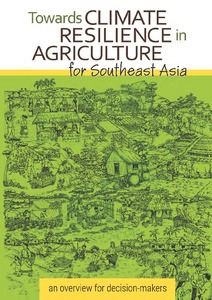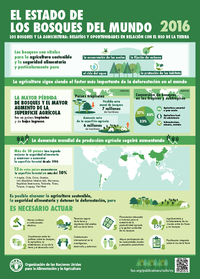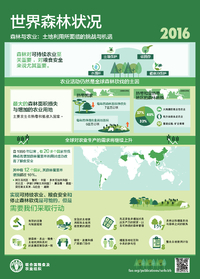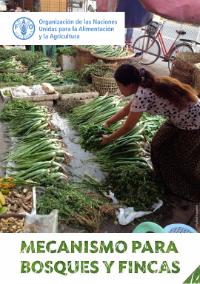Towards climate resilience in agriculture for Southeast Asia: an overview for decision-makers.
This sourcebook, and accompanying poster learning series, is aimed at policy makers, planners in government, local research administrators, civil society partners and researchers in Southeast Asia. Compiled and repackaged by Dr. Julian Gonsalves and a resource team, the Climate-Smart Agriculture (CSA) source book draws from a rich pool of literature from over 700 sources. The compilation provides succinct, relevant and timely information about climate challenges, and potential solutions from previously published work in a simplified or a shortened form from around the world.







